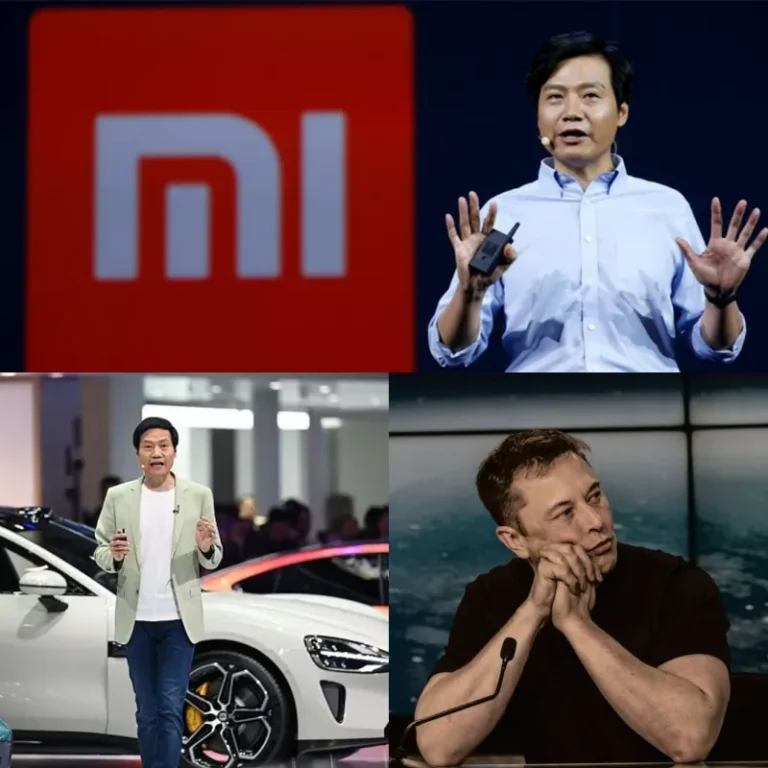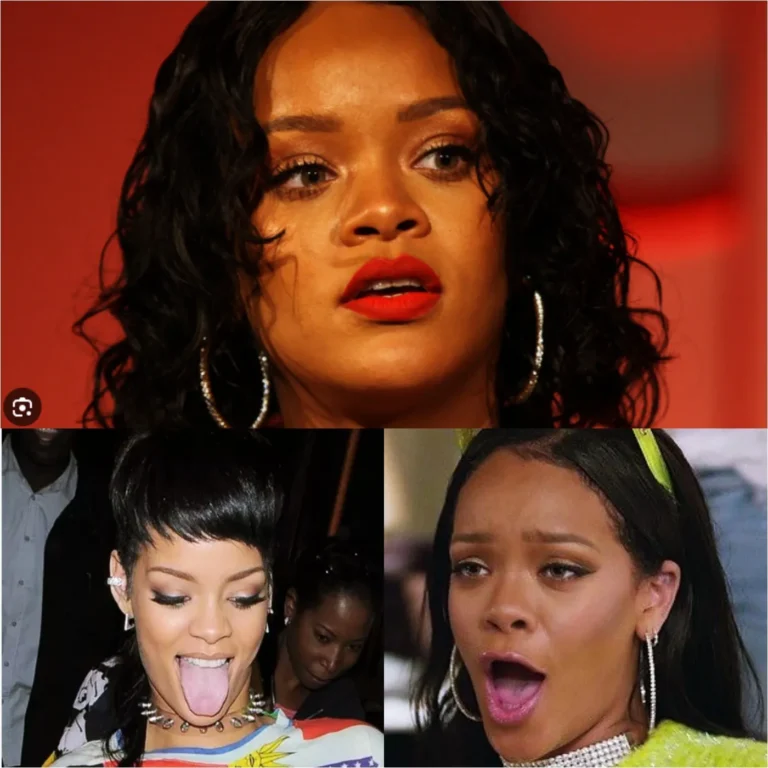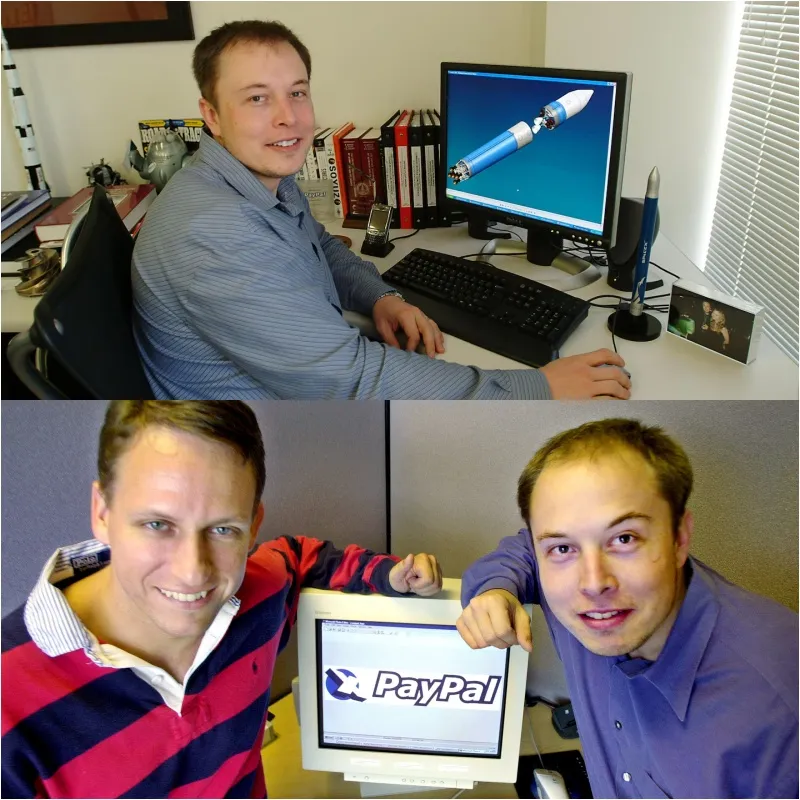
In a recent investigation, billionaire Elon Musk, often hailed as one of America’s most successful immigrants, reportedly worked in the U.S. illegally on a student visa in the early stages of his career. Despite Musk’s recent vocal support for stringent immigration policies, this revelation sheds light on a complex chapter of his journey to becoming a business icon.

Musk’s Early Days in America: A Risky Start
The Washington Post cites multiple sources to back its claim that Musk, now one of the wealthiest individuals in the world, initially worked without proper authorization. Arriving in Palo Alto, California, in 1995, Musk had been accepted into a graduate program at Stanford University. However, instead of attending, he dropped out to launch his first business, Zip2, marking the start of his legendary career in tech.
This decision posed significant legal challenges. By leaving school, Musk no longer qualified to stay in the U.S. on a student visa, leaving him without a legal basis to work. According to Leon Fresco, a former immigration attorney with the U.S. Department of Justice, “Foreign students cannot drop out to start a company, even if they don’t get paid right away.” Under U.S. immigration laws, contributing to revenue generation—whether through coding, business development, or sales—requires appropriate work authorization.
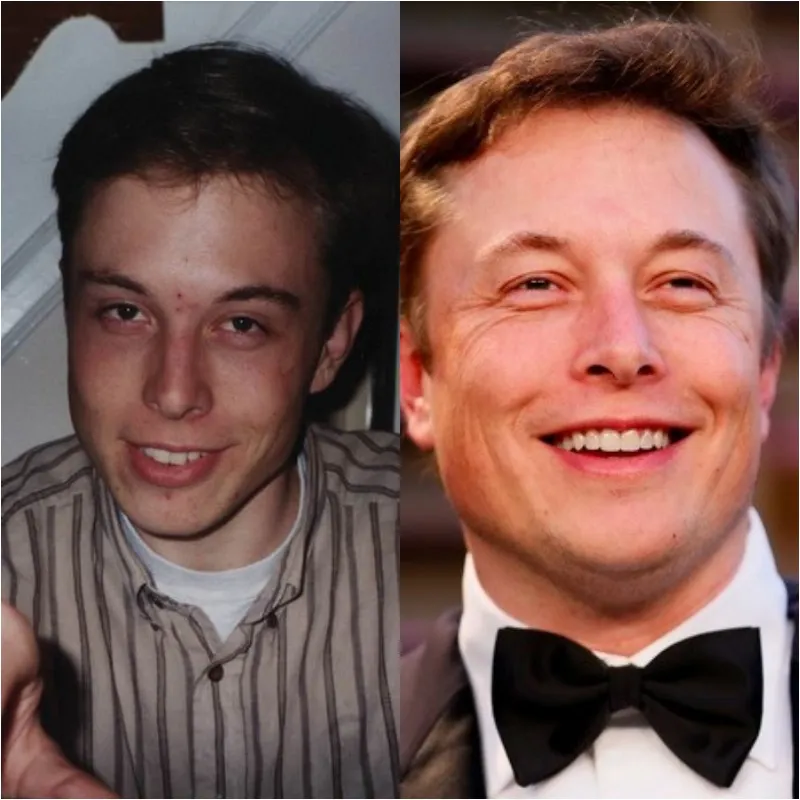
Early Legal Struggles with Zip2
Despite these challenges, Musk managed to push forward with his startup. In 1996, venture capital firm Mohr Davidow Ventures invested $3 million in Zip2, Musk’s first tech company. However, the funding agreement stipulated that Musk and his associates had just 45 days to secure legal work status or risk losing the investment. Derek Proudian, a Zip2 board member and later its CEO, noted, “Their immigration status at that time did not qualify them to be legally employed to run a company in the United States.”
Additionally, six former associates and investors from Zip2 told The Washington Post that Musk frequently mentioned he was in the country on a student visa, which allowed limited employment options. In a 2005 email to Tesla co-founders Martin Eberhard and JB Straubel, Musk acknowledged his tenuous legal standing, admitting that he had enrolled at Stanford primarily to maintain a legal presence in the U.S. “I don’t really care about the degree, but I don’t have the money for the lab, and I don’t have the legal right to be in the country,” Musk reportedly wrote.

From Risky Beginnings to Resounding Success
Despite the challenges Musk faced early in his career, his gamble with Zip2 paid off handsomely. In 1999, the company was acquired for $300 million, setting the stage for Musk’s future ventures, including Tesla, SpaceX, and eventually the social media platform X (formerly Twitter). His success story is often described as the ultimate immigrant achievement, from humble beginnings to global influence and immense wealth.
Contrasting Views on Immigration
As of late, Musk has become a significant supporter of strict immigration policies. Through X, he’s endorsed statements from politicians advocating against “open borders” and unauthorized immigration. He has even accused political leaders of “importing voters” by allowing illegal immigration, reflecting his alignment with stricter immigration ideologies.
However, Musk’s complex immigration history offers a nuanced perspective. The Washington Post notes that, while overstaying a student visa is relatively common and occasionally overlooked by immigration officials, it is still technically illegal. Musk’s story, while inspiring, underscores the sometimes contradictory nature of immigration policies and individual journeys.
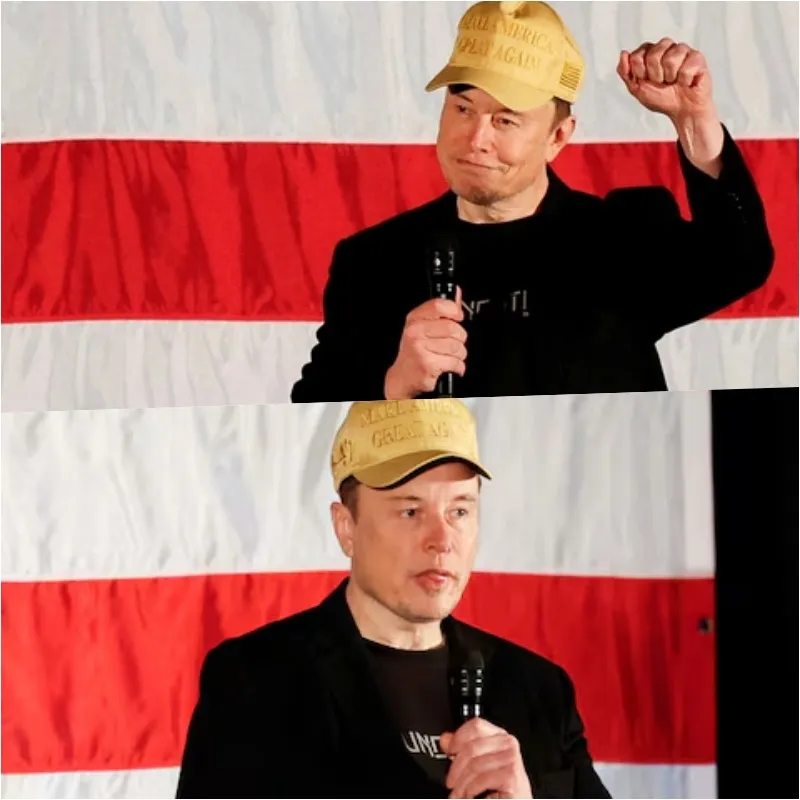
The Immigrant Success Story
Elon Musk’s early struggles reflect a reality that many immigrant entrepreneurs face: navigating complex and often restrictive visa requirements while pursuing ambitious goals. Musk’s journey from an aspiring student in California to becoming the world’s wealthiest person is a testament to his persistence. Although he now promotes a tough stance on immigration, his own history illustrates the challenges immigrants often encounter when seeking success in the U.S. tech industry.
In the end, Musk’s legacy as “America’s most successful immigrant” serves as both an inspiration and a reminder of the intricate dynamics surrounding immigration and innovation in the United States.

